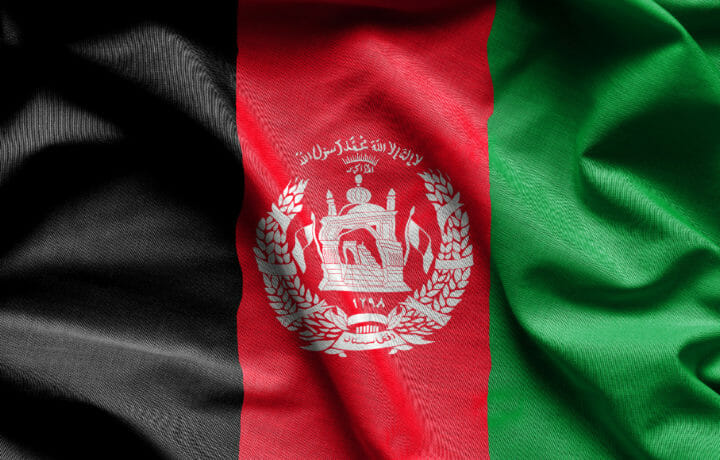“The U.S. has no power here.” This is the statement heard again and again in the last few months since the U.S.-led NATO abandonment of the Afghan Republic. With the rapid inflow of various terrorists back to Afghanistan, the U.S. and the world shifted back to September 10, 2001—we don’t know what threats to expect from Afghan-based terrorists. But maybe more troubling than another terrorist unknown, is the known decline of U.S. foreign affairs influence.
Experts are urging South Korea to get closer to Australia. Armenia is looking at the unthinkable idea of making peace with Turkey, who they accuse of committing a genocide against Armenians. NATO is working overtime to try to stop Russia from a likely invasion of Ukraine, and trying to persuade Russia that Georgia is not a target for invasion as well. Terrorist groups around the world are crowing about the Taliban defeating the U.S. and tying their victory to Islamic faith.
The warnings from foreign affairs watchers that Afghanistan will have greater consequences than just a humanitarian crisis, have gone unheeded in the capitals of NATO nations. The world is now adjusting to the new decreased U.S. leverage around the globe. This on top of the Afghanistan crisis that involves targeted revenge killings, starvation, forced displacement and a whole raft of human rights violations. The Taliban-Haqqani network is proving itself to be the same terrorist group that killed Afghans and NATO members for two decades.
How Far Will the U.S. Fall?
I was interviewed for an upcoming book recently and the author, a former Walmart Executive, is trying to figure out if the U.S. is in decline as THE global power, and why. Afghanistan is another overseas mission, added to a long list of failures since WWII. Maybe South Korea provides a good model for how to make overseas activities successful—commitment.
If the U.S. can shift back to the idea that domestic politics should end at the nation’s shores, we might be able to convince our current allies that we are long-term partners and can be trusted when times are tough. If the U.S. continues to change their foreign policy commitments and reshuffle overseas allies into new stacks of friends and enemies every four years, it will not engender the trust needed. Trust is the coin of the realm in foreign affairs and right now the U.S. is truly trusted by few nations.
As For Afghanistan
Oddly enough the Taliban-Haqqani regime are vigorously seeking U.S. approval of their legitimacy every day. The U.S. still has sway in foreign affairs and the U.S. opinion of another nation does matter immensely in the global financial sector. There is leverage that the U.S. can use to create a more inclusive government in Afghanistan, one that respects and protects the human rights of all citizens. The U.S. can lead the world to help Afghans through this humanitarian crisis, without conferring recognition on the Pakistani proxy force in Kabul. Some are even suggesting the U.S. make another long-term commitment to the fledgling resistance force that stands in opposition to the Taliban-Haqqani terrorists.
The U.S. faces yet more decisions about long-term commitment in Afghanistan, even as the administration tries to pivot in any direction that avoids Kabul. The U.S. also has a large mountain to climb as they try to reassure allies around the globe that Americans will not abandon them. China and Russia are watching closely and working intensely to cultivate deeper relationships in nations where the U.S. has traditionally held sway. The future is uncertain, and the U.S. failure to make and keep their commitments make that uncertainty dangerous.




